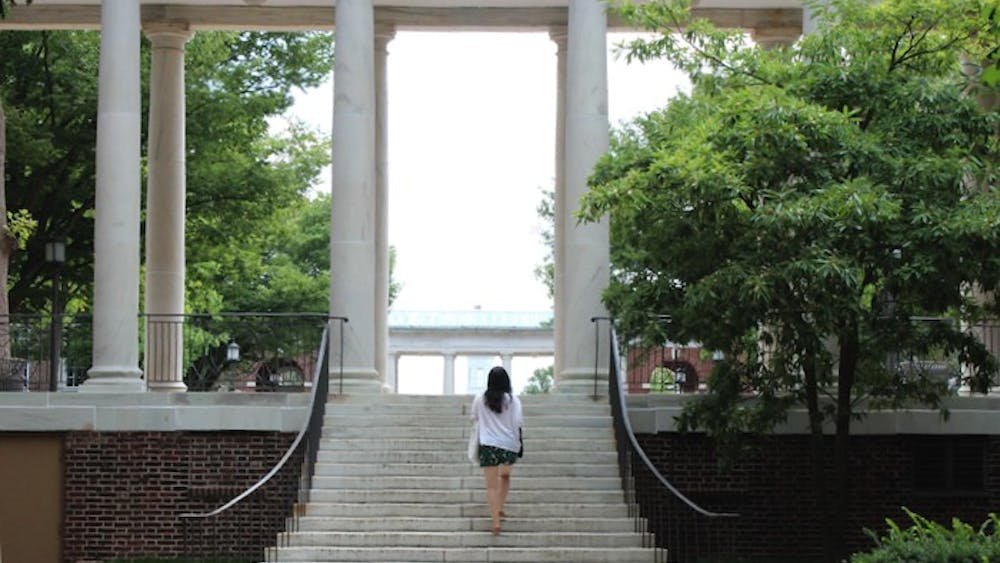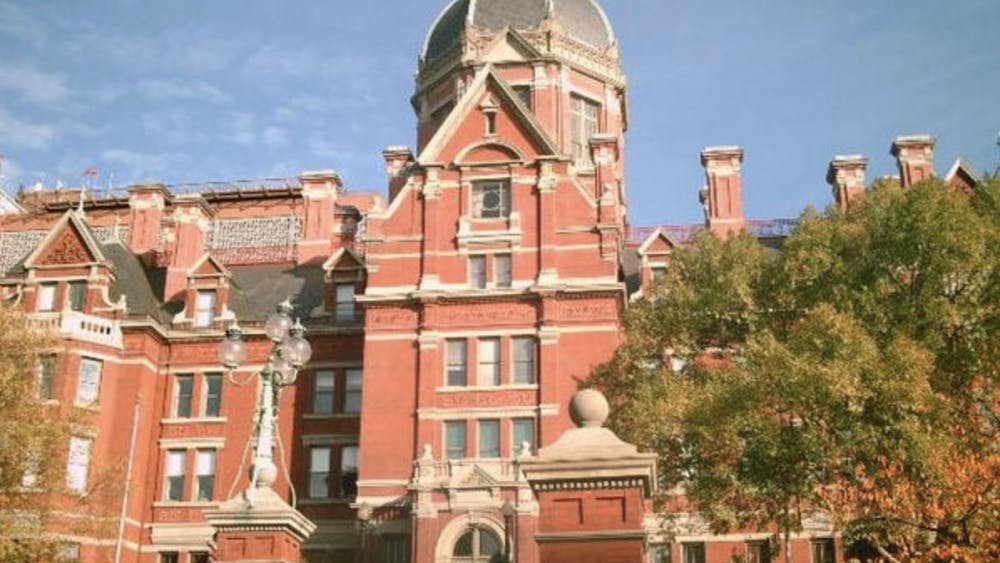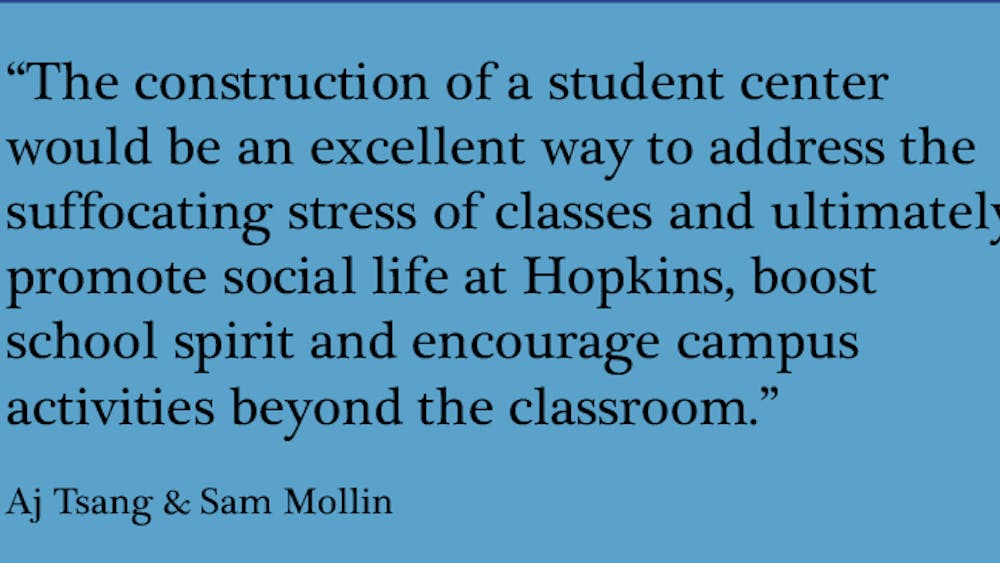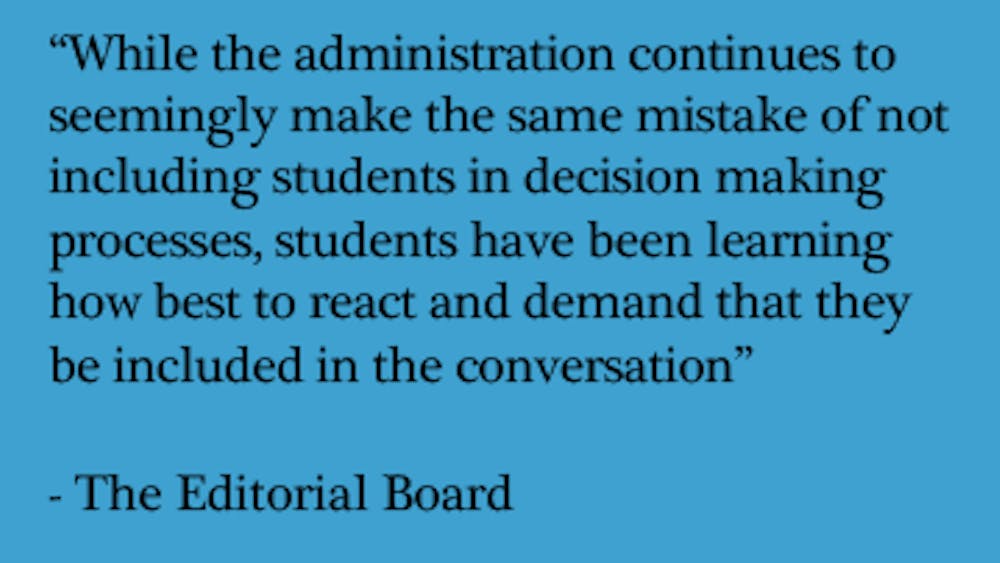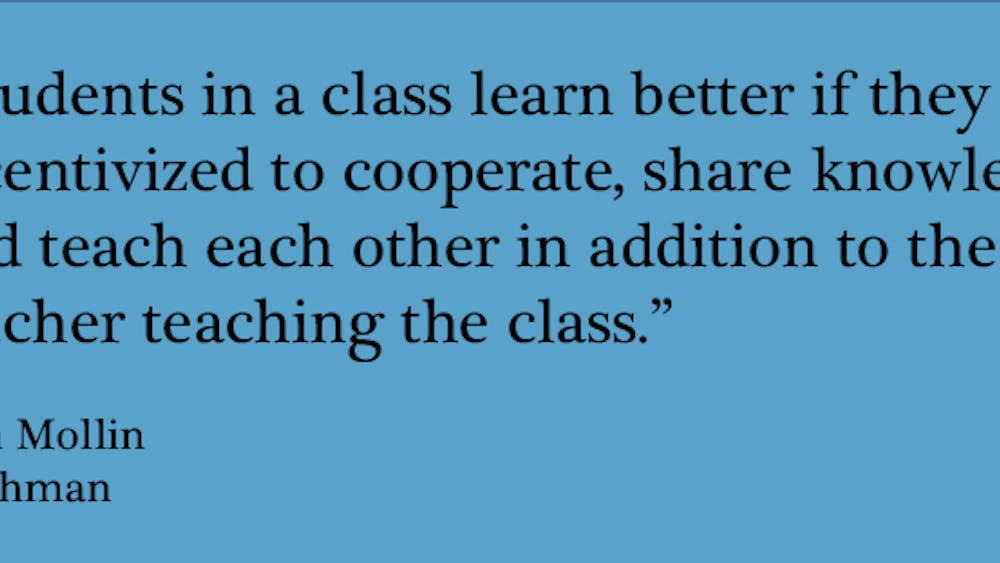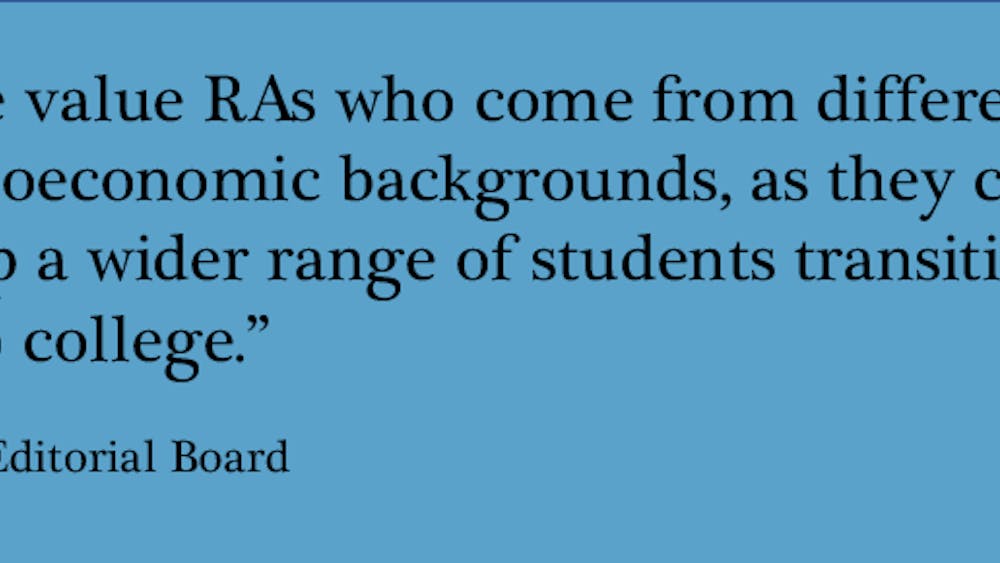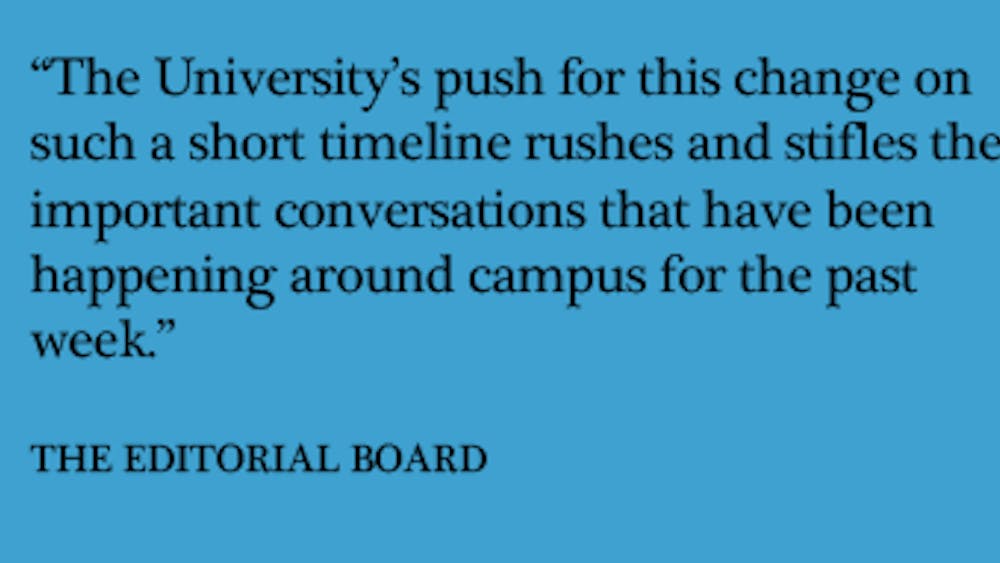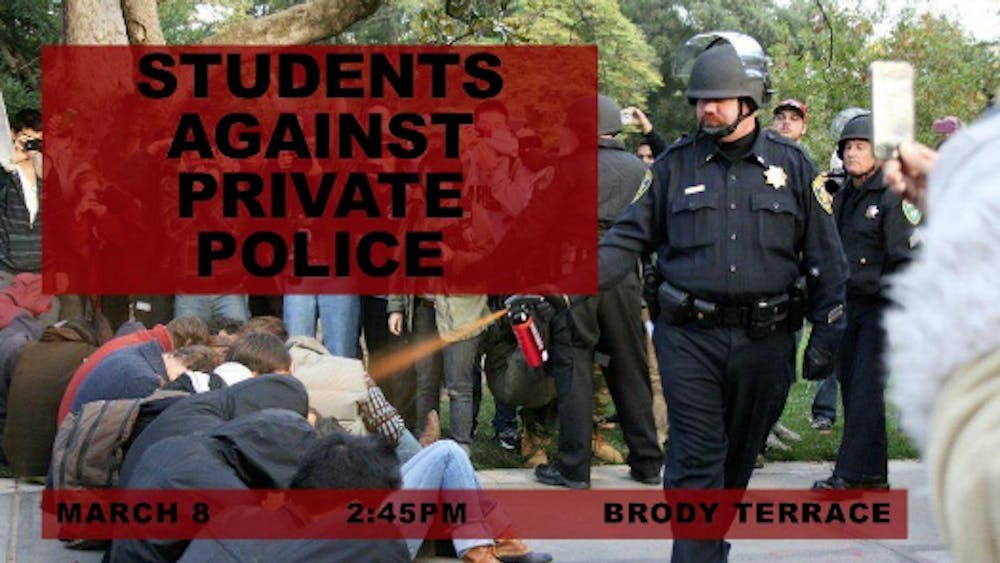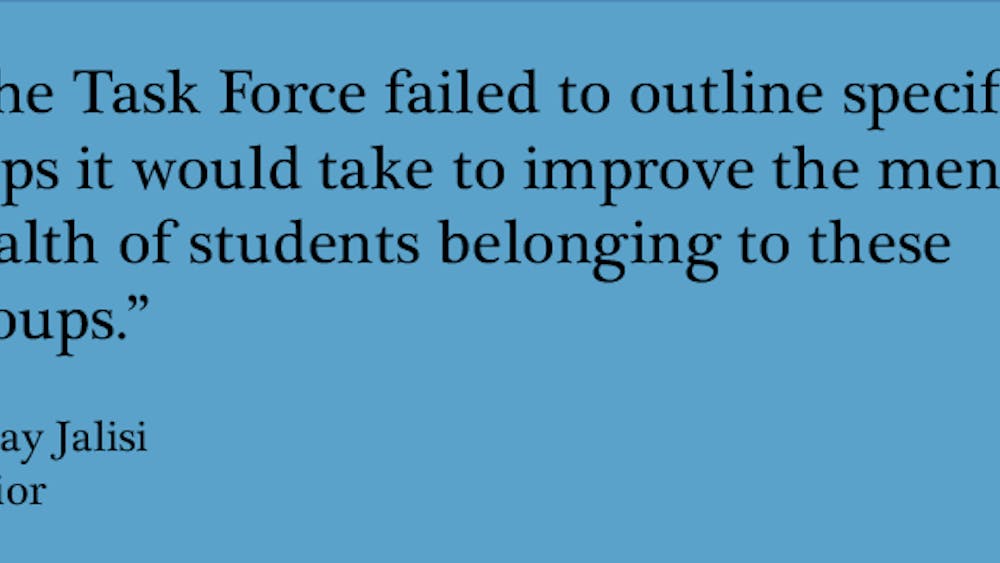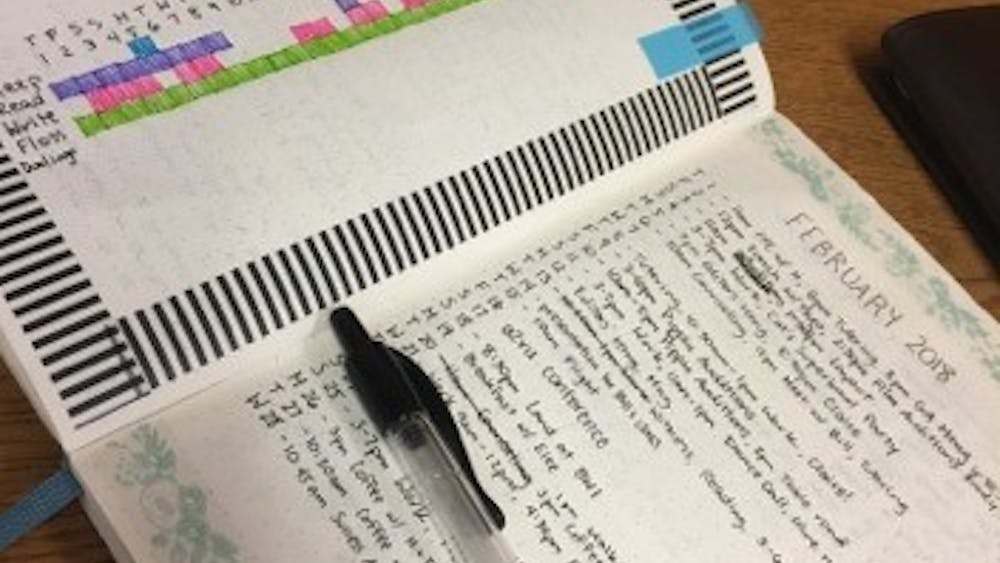Our SGA needs real influence over University decisions
By THE EDITORIAL BOARD | April 11, 2018But when the University makes a decision — whether it is about covered grades, fossil fuel divestment or private police — it does not have to act on SGA input, let alone consult the SGA at all. The New Horizons ticket acknowledges this problem and their solution is to generate grassroots support among students and faculty. However, we urge them and the rest of us to think broader. If we want students to have a voice in what our University does, the current system must change.

